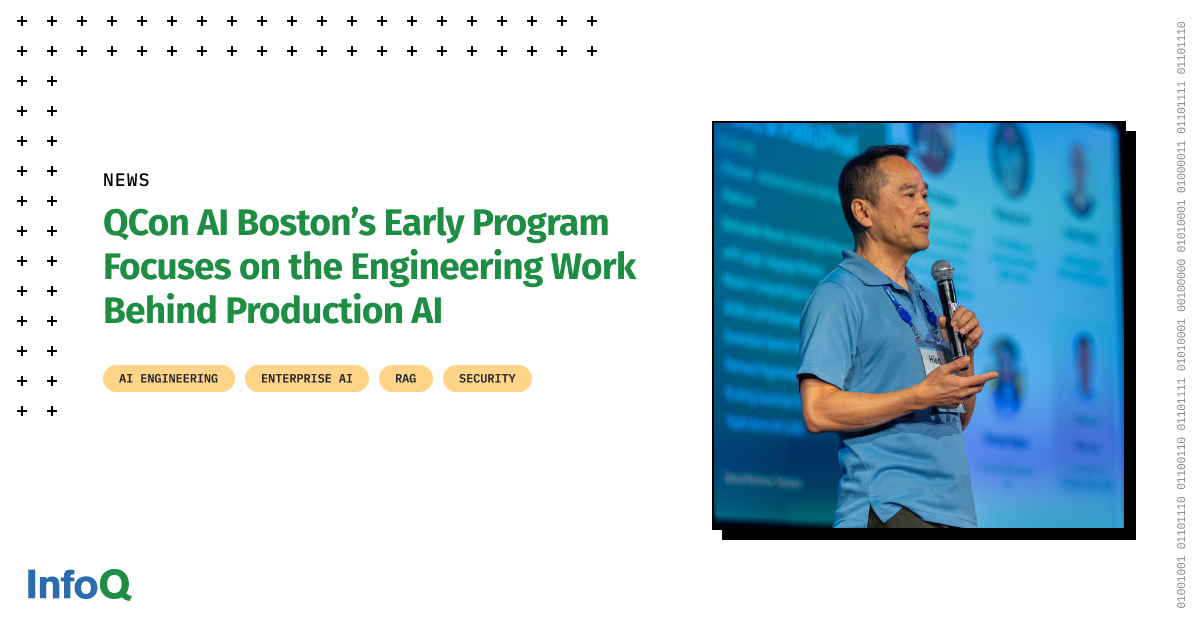Codetown
Codetown ::: a software developer's community
Umbrella Java User Group AFRICA
Like Congo JUG, Togo JUG, RDC-JUG (Kinshasa) and Cameroon JUG are on the track to join JUG-AFRICA.
Why JUG-AFRICA ?
The idea behind JUG-AFRICA is to allow JUGs located within Africa to collaborate globally in ways that will ultimately benefit Java developer
communities locally.
JUG-AFRICA is intended to promote communication between JUGs across
continent.
Individual JUGs will continue to function normally. Affiliation does not in any way involve subordination of local JUGs under JUG-AFRICA. JUG-AFRICA exists solely to serve and support the Affiliated JUGs.
Some benefits to think about :
* Help new JUGs to grow and introducing JUG Leaders to JUG-Leaders mailing list.
* Organizing regional events throughout the continent
* Searching for sponsors and speakers
* Negotiating bulk discounts (for events, books, courses, certifications etc.) which can be made available to all Affiliates.
How to affiliate your JUG :
1. Designate a member of your JUG to serve as JUG-AFRICA Contact
2. To subscribe JUG-AFRICA Contact to the mailing list
PS : Thanks JUG-USA for the inspiration.
Notes
Welcome to Codetown!
 Codetown is a social network. It's got blogs, forums, groups, personal pages and more! You might think of Codetown as a funky camper van with lots of compartments for your stuff and a great multimedia system, too! Best of all, Codetown has room for all of your friends.
Codetown is a social network. It's got blogs, forums, groups, personal pages and more! You might think of Codetown as a funky camper van with lots of compartments for your stuff and a great multimedia system, too! Best of all, Codetown has room for all of your friends.
Created by Michael Levin Dec 18, 2008 at 6:56pm. Last updated by Michael Levin May 4, 2018.
Looking for Jobs or Staff?
Check out the Codetown Jobs group.
InfoQ Reading List
Decentralizing Architectural Decisions with the Architecture Advice Process

Our system architectures have changed as technology and development practices have evolved, but the way we practice architecture hasn’t kept up. According to Andrew Harmel-Law, architecture needs to be decentralized, similar to how we have decentralized our systems. The alternative to having an architect take and communicate decisions is to “let anyone make the decisions” using the advice process.
By Ben LindersQCon AI Boston’s Early Program Focuses on the Engineering Work Behind Production AI

As teams move AI from pilots to production, the hard problems shift from demos to dependability. The first confirmed talks for QCon AI Boston (June 1–2) focus on context engineering, agent explainability, reasoning beyond basic RAG, evaluation, governance, and platform infrastructure needed to run AI reliably under real-world constraints.
By Artenisa ChatziouGitHub Data Shows AI Tools Creating "Convenience Loops" That Reshape Developer Language Choices

GitHub’s Octoverse 2025 report reveals a "convenience loop" where AI coding assistants drive language choice. TypeScript’s 66% surge to the #1 spot highlights a shift toward static typing, as types provide essential guardrails for LLMs. While Python leads in AI research, the industry is consolidating around stacks that minimize AI friction, creating a barrier for new, niche languages.
By Steef-Jan WiggersCloudflare Debuts Markdown for Agents and Content Signals to Guide AI Crawlers

Cloudflare has introduced “Markdown for Agents,” a feature that lets AI crawlers request Markdown versions of web pages. The company pairs the feature with a proposed “Content Signals” mechanism that lets publishers declare whether their content may be used for AI training, search indexing or inference.
By Matt FosterPresentation: What I Wish I Knew When I Started with Green IT

Ludi Akue discusses how the tech sector’s rising emissions impact our global climate goals. Drawing from her experience as a CTO, she explains seven key lessons for implementing Green IT. She shares insights on LCA assessments, the paradox of microservices, and why FinOps doesn’t always equal green.
By Ludi Akue
© 2026 Created by Michael Levin.
Powered by
![]()
You need to be a member of Codetown to add comments!
Join Codetown